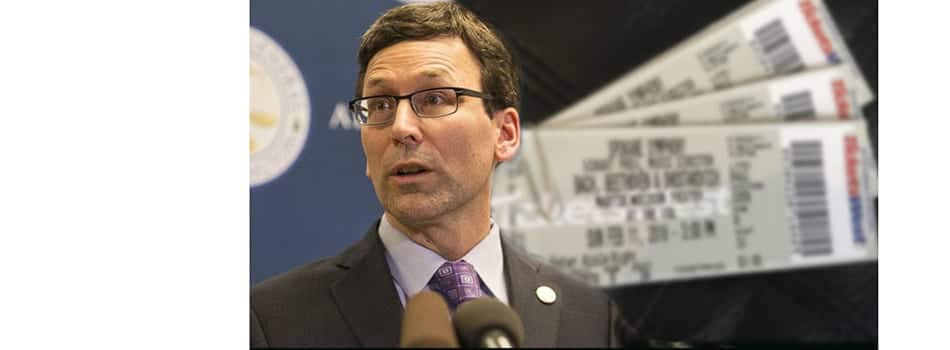A Massachusetts-based ticket broker signed a consent decree in Washington, agreeing to pay $60,000 in costs and fees in connection with allegations that he violated the state’s Ticket Seller’s Act by using software programs to purchase tickets to events.
The broker, who operates both Find My Seats LLC and Box Office Pros LLC according to a report on KXLY.com, allegedly used the so-called “bots” to purchase tickets to venues throughout the state, including Safeco Field, Key Arena, and CenturyLink Field. Specific examples cited by the Attorney General included Beyonce’s Formation World Tour, Justin Bieber’s Purpose World Tour, a concert featuring British singer Adele, and Seattle Mariners home games. After procuring these seats, he then sold tickets on third party websites, “such as StubHub.”
Per the consent decree, the broker agreed to:
- Pay $60,000 in costs and fees
- Cease all actions that violate Washington’s Ticket Sellers Act, and
- Cease use of any software intended to evade a ticket-selling website’s security measures in Washington.
“It is unfair that people who work hard all day and save their money to attend a show or concert they are excited about or root for their favorite team at the stadium can’t attend the event because some large ticket reseller has purchased all the tickets and then raised the cost to an outrageous price,” Former Sen. Jeanne Kohl-Welles said at the time of the bill’s passage.
“Companies shouldn’t be allowed to operate in the shadows, using computer software to artificially inflate the prices of popular concerts and sporting events,” added Rep. Kevin Van De Wege, who is now a Senator. “This is a question about fairness. When these questionable business practices interfere with a fair market, it’s time for a change.”
Though the use of these so-called “bots” is a frequently-cited reason for restrictive resale policies enacted by performers and venues as well as programs such as Ticketmaster’s “Verified Fan,” actual proof of bot activity and litigation is rare. This case is the first instance of Washington’s law being used to enforce the ban since its passing in 2015.


